“THEN JESUS SAID TO HIS DISCIPLES, “IF ANYONE WISHES TO COME AFTER ME, HE MUST DENY HIMSELF, AND TAKE UP HIS CROSS AND FOLLOW ME.”
What does it mean to be taken captive by the flesh-and-blood Jesus? By making Christ seem otherworldly, even ethereal, the church has inadvertently put him out of reach to us as an example or a guide. Even though Jesus routinely called people to follow him, the church has often represented this following in purely metaphysical or mystical terms. We can follow Jesus "in our heart" but not necessarily with our actions. Even after the phenomenally successful What Would Jesus Do campaign, in which Christians were encouraged to ask themselves this question before every action, it seemed that Christians were more interested in asking the question than in doing what Jesus would do. We have sanitized and tamed Jesus by encasing him in abstract theology, and in doing so we have removed our motivation for discipleship.
When Jesus is just true light of true light, and not flesh and blood, we are only ever called to adore him, not follow him. In Charles Sheldon’s popular novel In His Steps , one of the characters, Rev. Henry Maxwell, encounters a homeless man who challenges him to take seriously the imitation of Christ. The homeless man has difficulty understanding why, in his view, so many Christians ignore the poor: I heard some people singing at a church prayer meeting the other night,
All for Jesus, all for Jesus,
All my being’s ransomed powers,
All my thoughts, and all my doings,
All my days, and all my hours.
… And I kept wondering as I sat on the steps outside just what they meant by it. It seems to me there’s an awful lot of trouble in the world that somehow wouldn’t exist if all the people who sing such songs went and lived them out. I suppose I don’t understand. But what would Jesus do? Is that what you mean by following his steps? It seems to me sometimes as if the people in the big churches had good clothes and nice houses to live in, and money to spend for luxuries, and could go away on summer vacations and all that, while the people outside the churches, thousands of them, I mean, die in tenements, and walk the streets for jobs, and never have a piano or a picture in the house, and grow up in misery and drunkenness and sin. This leads to many of the novel’s characters asking, "What would Jesus do?" when faced with decisions of some importance. This has the effect of making the characters embrace more seriously the fact that Jesus lies at Christianity’s core consciousness.
The difficulty for the church today is not in encouraging people to ask what Jesus would do, but in getting them to break out of their domesticated and sanitized ideas about Jesus in order to answer that question. Jesus was a wild man. He was a threat to the security of the religious establishment. He was baptized by a wild man. He inaugurated his ministry by spending time with the wild beasts of the wilderness. He was unfazed by a wild storm that lashed his boat on an excursion across a lake and with the wildness of the demoniacs of the Gaderenes. And while he ultimately brought peace to both those situations, in neither instance did Jesus appear overwhelmed or frightened by the circumstances. There was an untamed power within him. Even his storytelling, so often characterized by the church today as warm morality tales, was dangerous and subversive and mysterious. If your answer to the question "What would Jesus do?" is that he would be conventional, safe, respectable and refined, then we suspect you didn’t find that answer in the Gospels.
Excerpt from "Re-Jesus" by Alan Hirsch and Michael Frost

